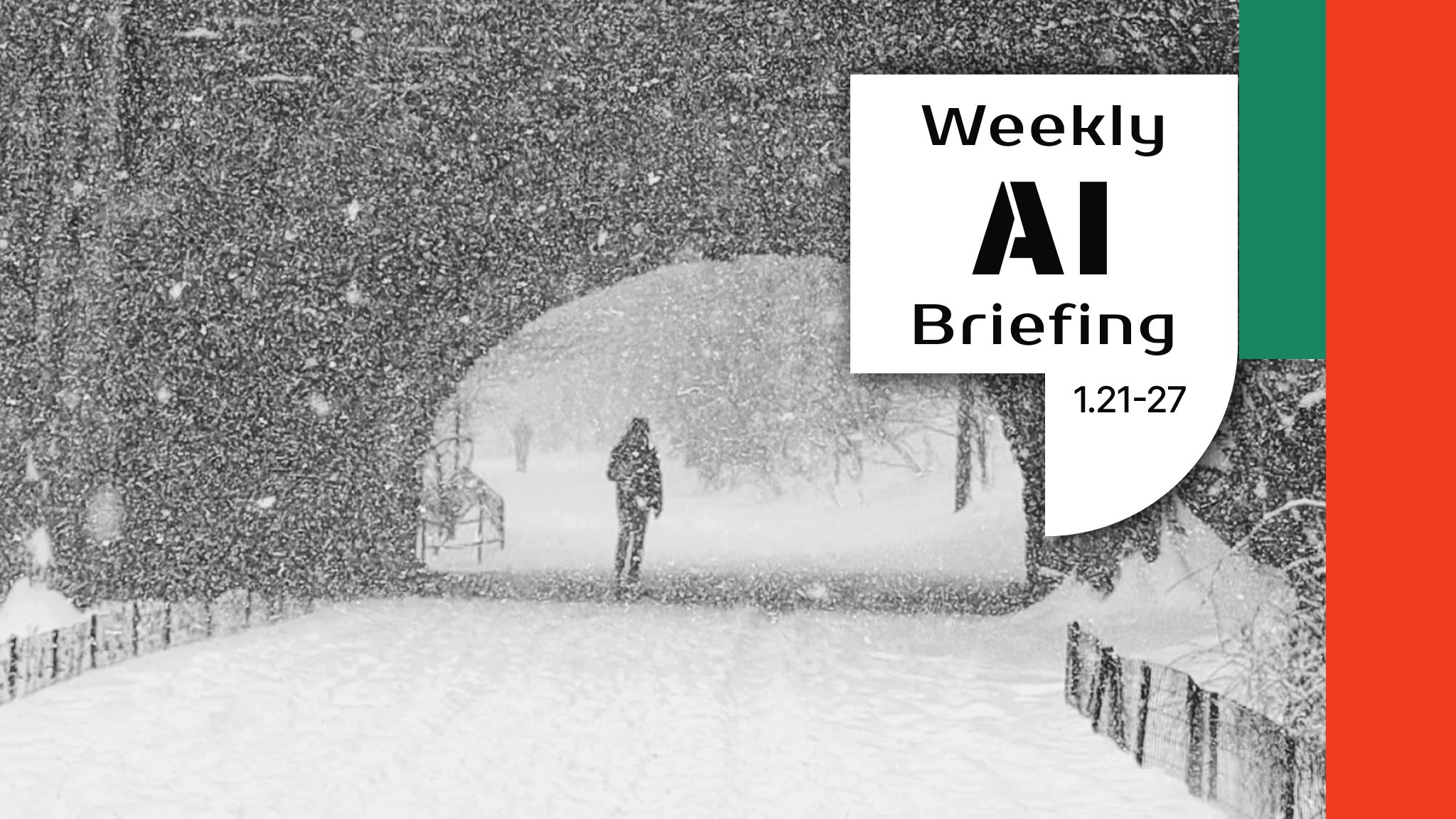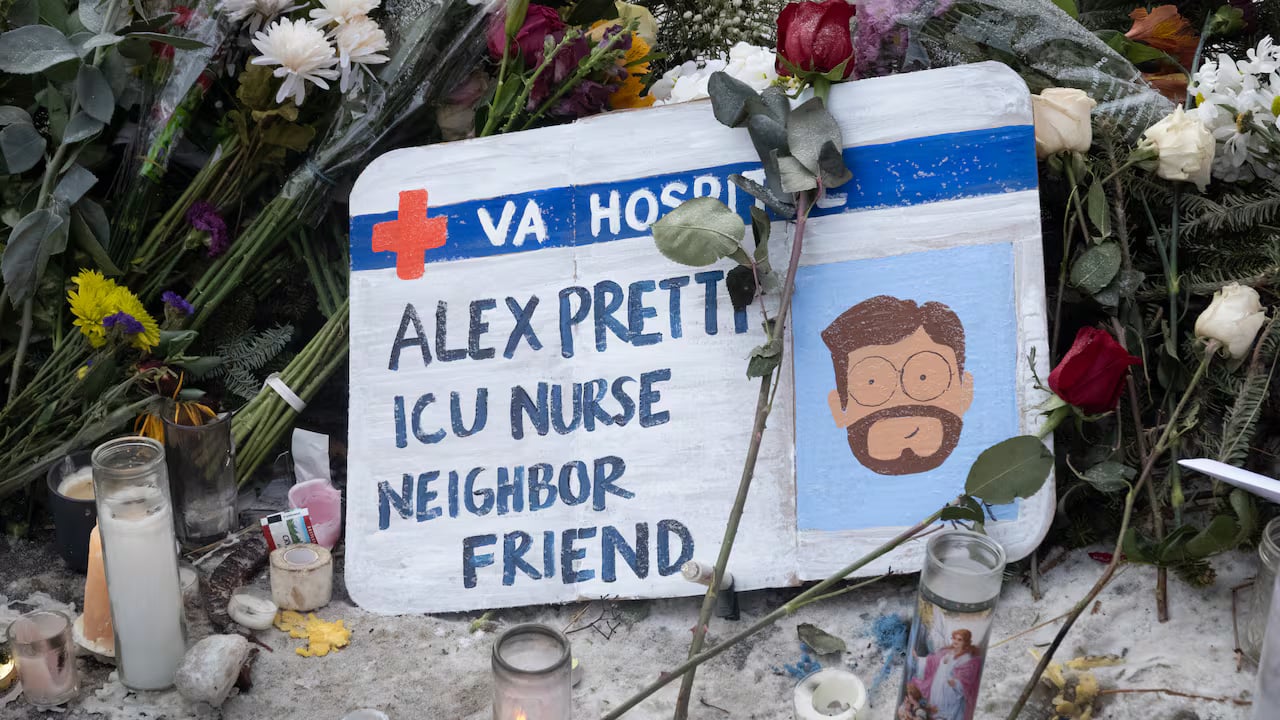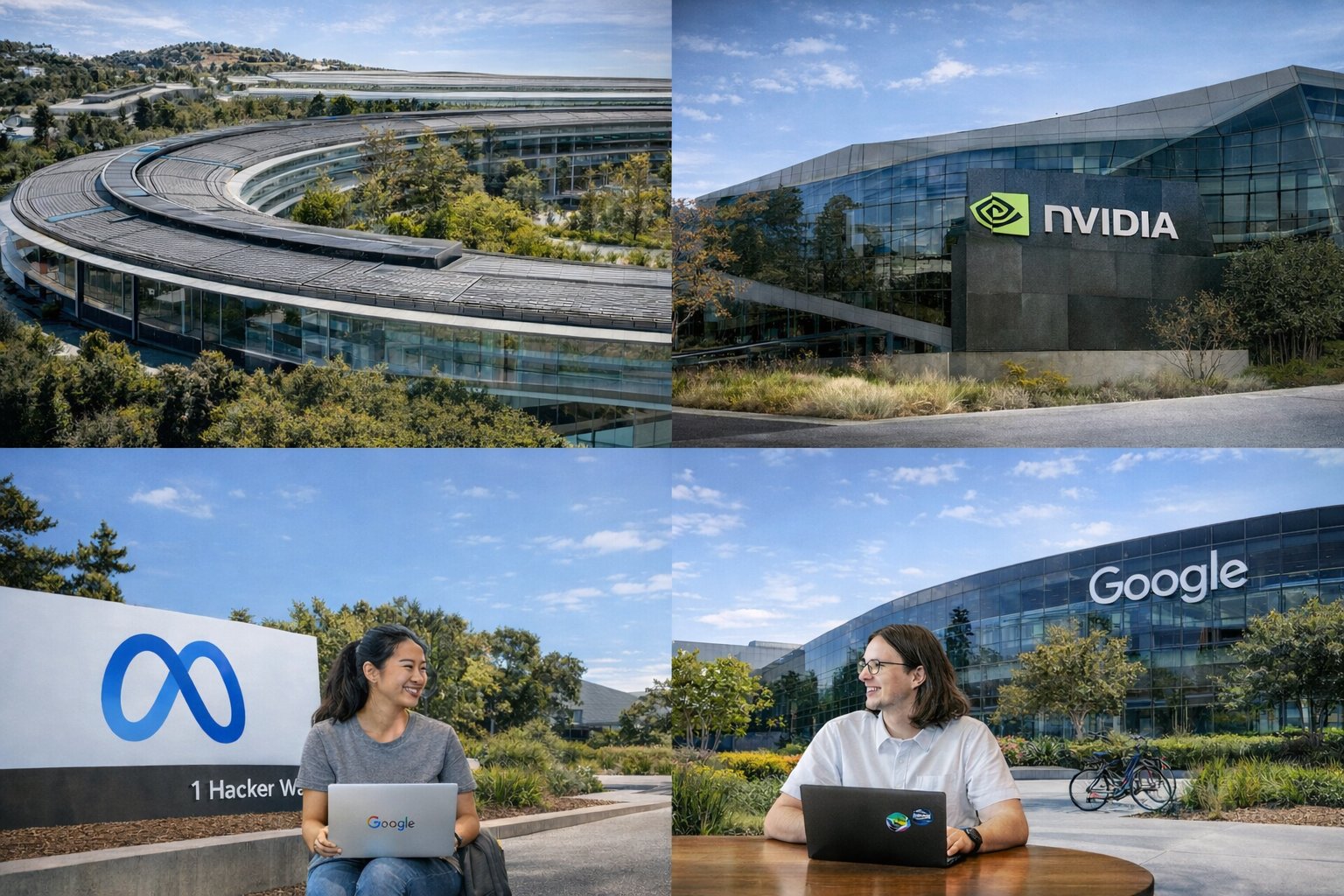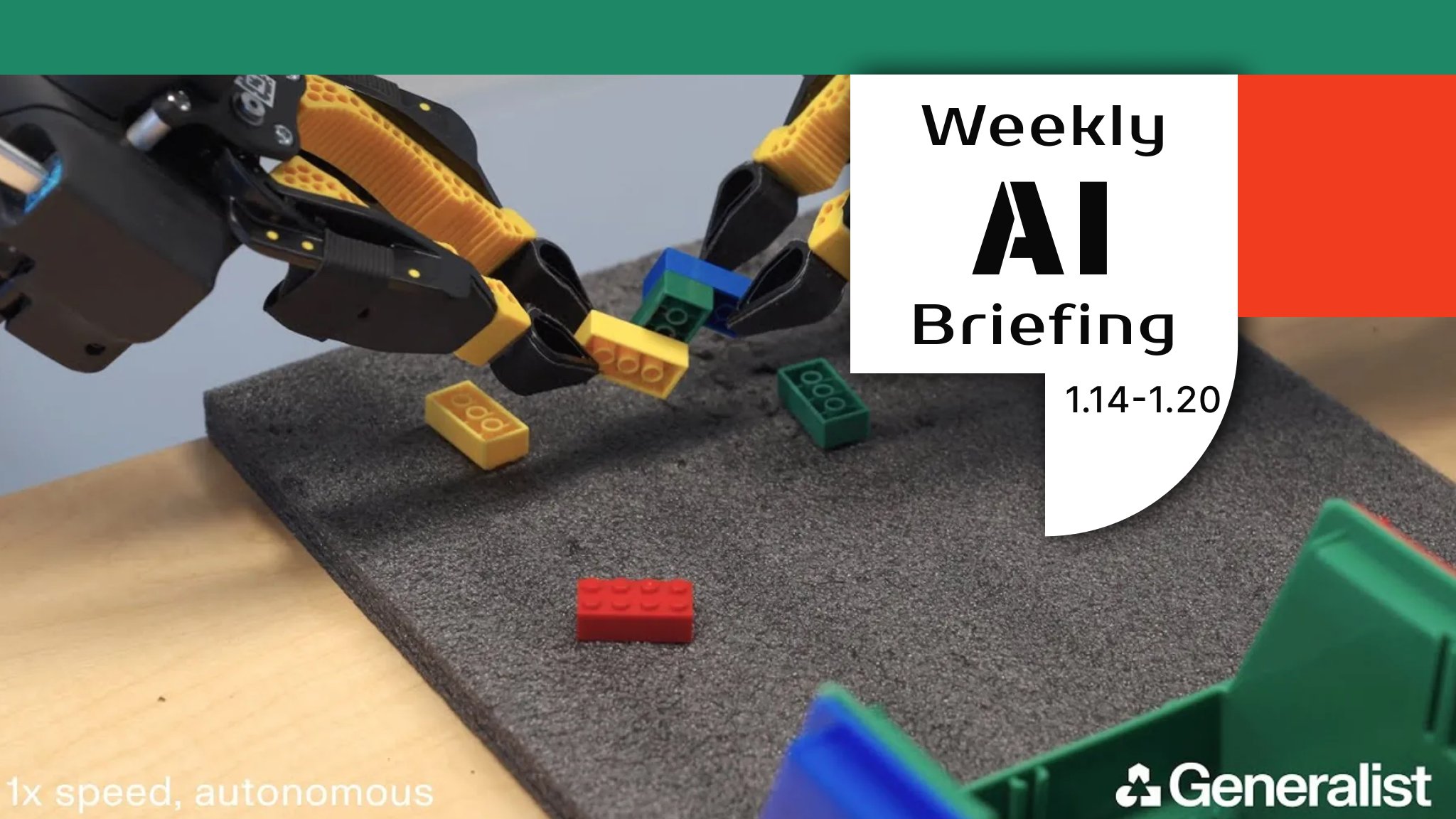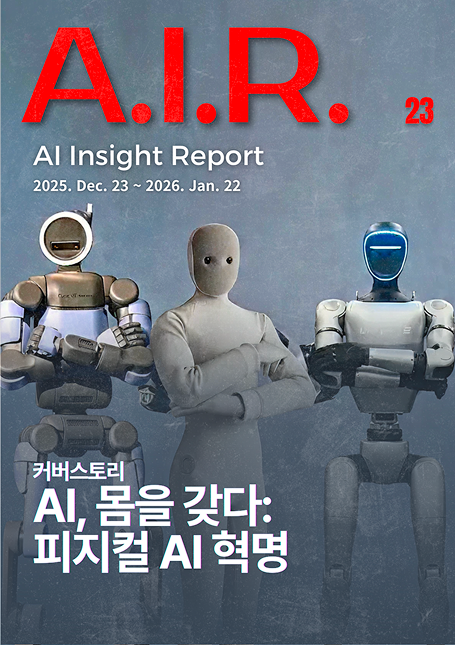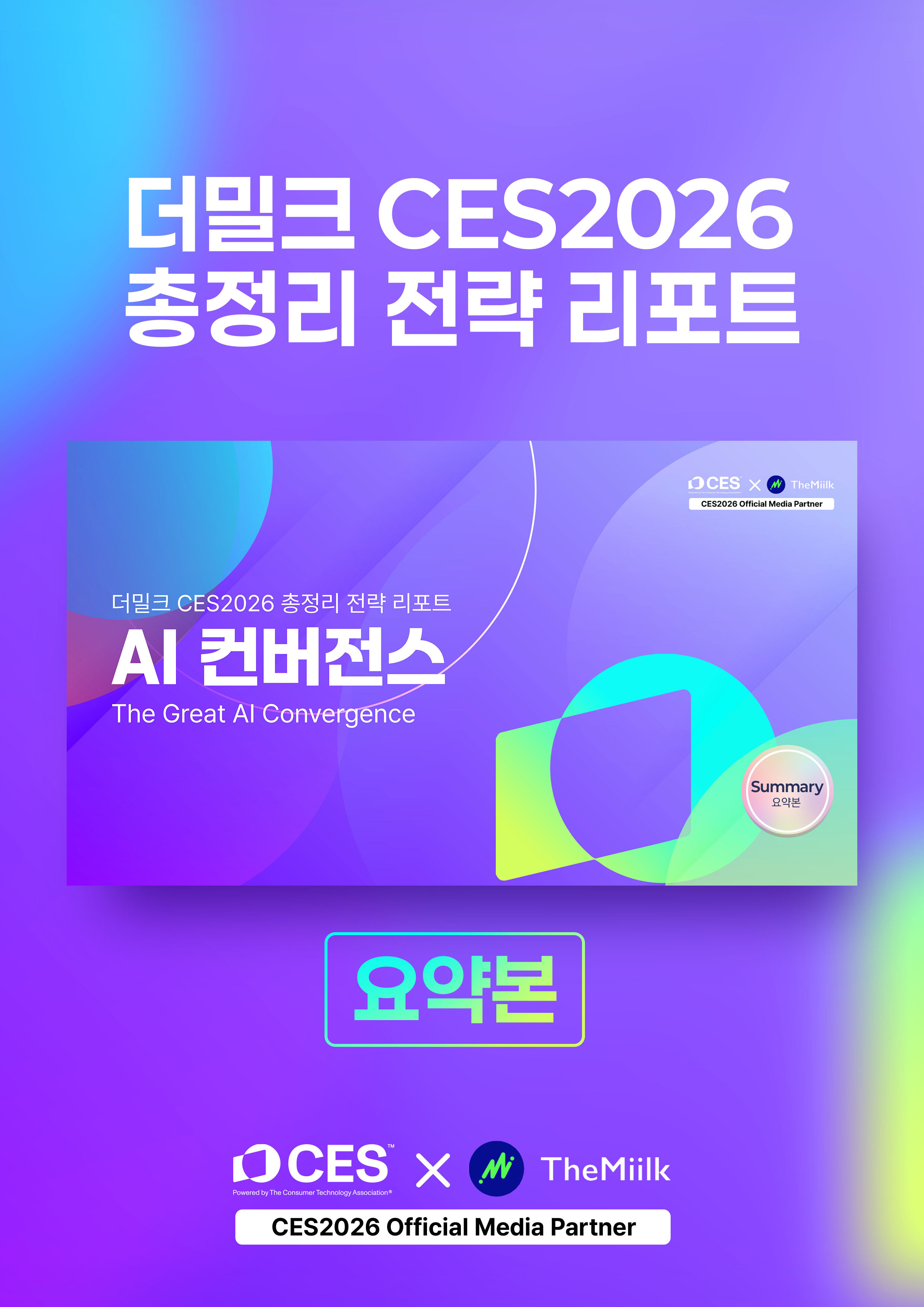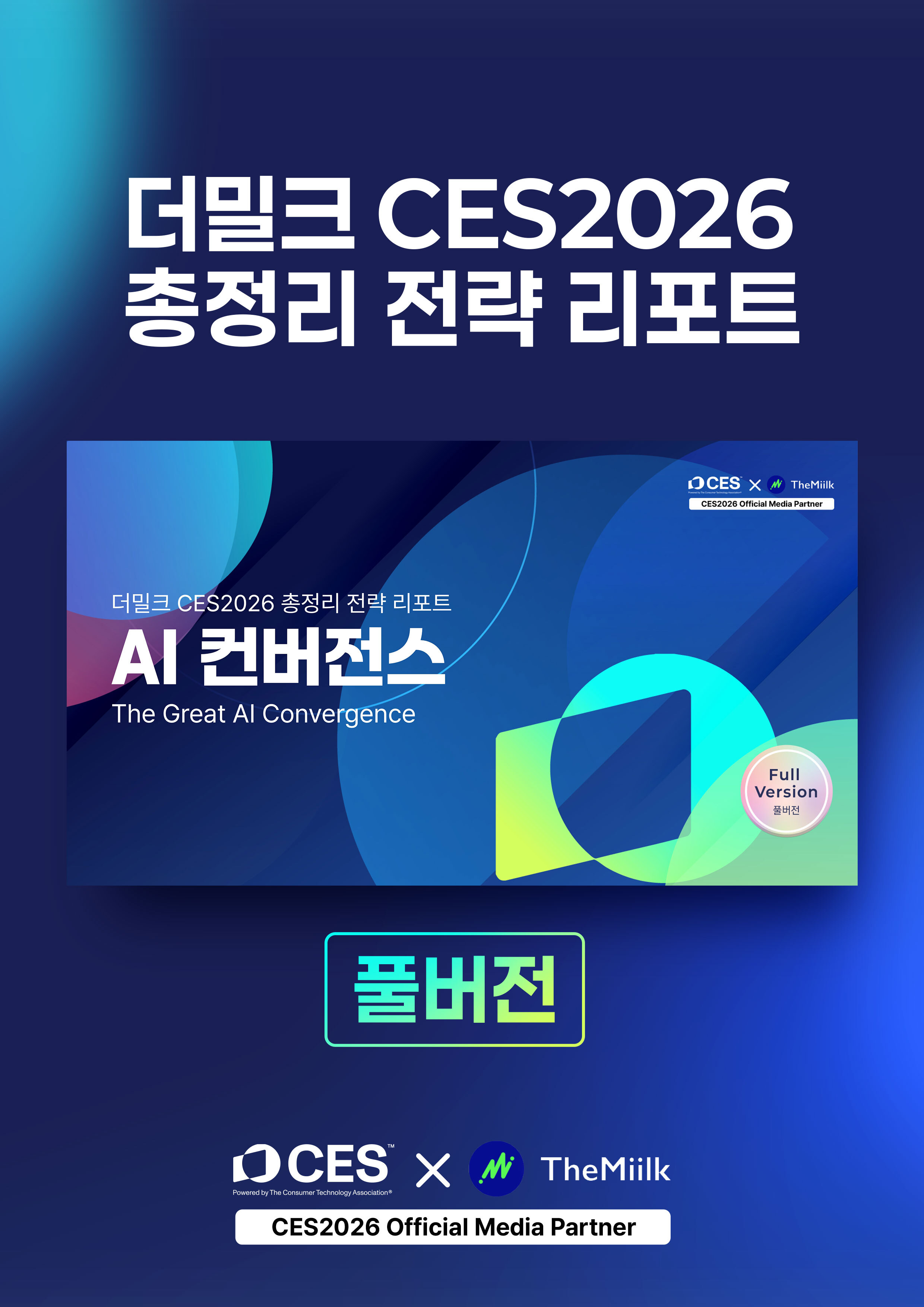Technology Has Turned New York Dating Into 'Perfectionism'
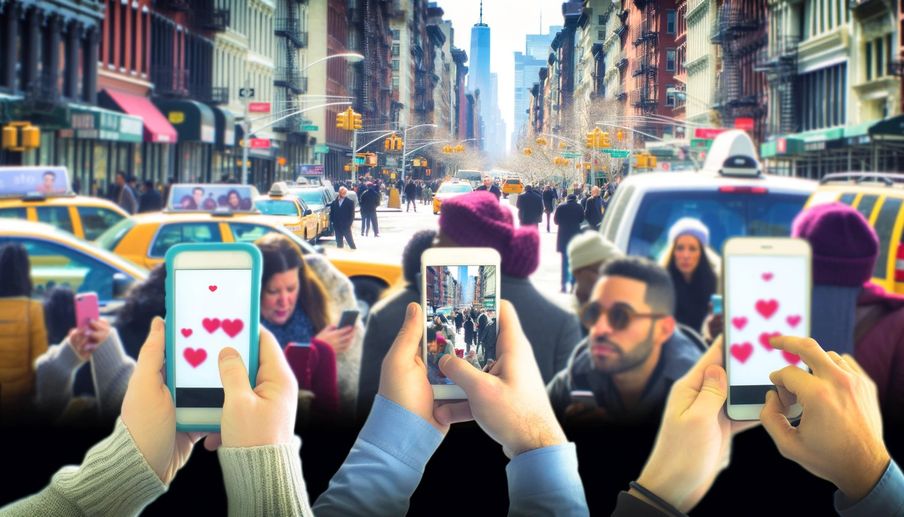
Limitless Choice and Filtered Love Spawn Dating 'Perfectionism' - While apps expended social circle, expectations for genuine connections have plummeted.
"When I first started using apps like Tinder or Bumble, I could feel myself slowly wanting to be a solipsist," Joshua recounted, the dejection still palpable at 31. "People ghosting one after another or simply not responding...it felt like you were commodified and you saw exactly what your worth was."
Growing up in the internet age, Joshua watched as meeting people shifted from the organic corridors of real life to the curated digital world. Even in high school it wasn’t unusual for friends on different niche interest forums, online games communities, or even Facebook groups to become more than friends. It was after college, as his in-person social circle shrank, that Joshua jumped himself to the ubiquitous dating app scene.
"Dating apps make people think that their choice is unlimited in some cases, or that they are alone in the universe in others," 33-year-old Bostonian Anton told The Miilk. "The first kind get overwhelmed by options and cannot make rational choices, the second get desperate and blame themselves for what they don't control."
Apps and algorithms have dramatically redefined how we pursue love and relationships in the modern age. The pool of romantic potentials has expanded exponentially, allowing people to meticulously filter for an alarming number of preferences at any time. But as the options multiply, so does the ease of casual rejection through normalized behaviors like "ghosting".
The impact of technology on human connection has become a contentious societal debate. While some celebrate newfound ability to meet partners outside one's typical social circle, many others lament the soul-numbing fatigue and dehumanization of contemporary dating's supply-and-demand economics.
What's clear is that apps and AI-driven algorithms have irrevocably shifted how people first encounter romantic prospects - from the off-line world to the online realm. This transition is still underway, as evidenced by dating companies now pitching generative AI as a solution to revive stagnating user growth. However, the impacts of deploying such AI remain unclear given the problematic biases ingrained in the datasets used to train these models.

The Era When Meeting Online Has Become More Convenient Than Offline
Technology is redefining our friendships, love, and memories. Meeting people online has become more convenient than in-person these days. We use social media platforms like Facebook, Instagram, and TikTok, as well as messenger apps such as KakaoTalk, WhatsApp, and texting. And when it comes to dating, we open apps like Tinder, Bumble, and Hinge.
Joshua, a 31-year-old millennial living in New York City, said that even in high school, "it wasn't unusual for friends on different niche interest forums, online games communities, or even Facebook groups to become more than friends."
He added that "apps like Snapchat and Tinder did a lot to begin shaping people's attitudes towards online dating. It changed from being the butt of jokes about desperate losers on Match.com to something real people did."
In the United States, 30 percent of adults and over half of those under 30 use dating apps, according to a Pew Research Center survey last year. About a third reported paying for them, with men and higher-income adults more likely to pay.
The Pool Has Widened, Preferences Have Refined...But Singles, Demisexuality Have Emerged Too
Dating apps have dramatically widened the pool of potential partners. The expanded pool enables connections across education levels, religions, races, backgrounds, and appearances that may not have happened otherwise. However, it has also allowed new concepts and preferences to gain prominence. For example, ideas like monogamy and demisexuality (feeling sexual attraction only after forming an emotional bond) have emerged.
"Dating apps provide a convenient way to meet new people and expand your social circle. They can help you connect with individuals you might not have crossed paths with otherwise. It's like having a virtual matchmaker in your pocket," said Gladys, a 27-year-old female app user in Chicago, to The Miilk.
In an interview with The Miilk, Dr. Natasha McKeever and Dr. Luke Brunning, who research applied ethics at the University of Leeds, said "Dating apps have widened the pool from which we can meet people, and made it easier for us to choose people who have similar values and interests to us. This is especially valuable for sexual minorities, people in smaller communities, or people at risk of persecution. They have also decreased the risk of potential rejection when approaching someone as they show us people who are looking for partners, and who are also interested in us."
A 2019 study by Reuben Thomas, a professor at the University of New Mexico, found online couples had a 51% chance of being from different religions, compared to 38% for offline couples. Online couples had a 30% chance of having different education levels versus 22% offline. And online couples were 7 percentage points more likely to be interracial than offline couples.
A 2017 study in MIT Technology Review by researchers from the University of Essex and the University of Vienna found the proliferation of online dating had positive effects for the LGBTQ community, who often faced difficulties meeting new people when not out.
Filtering Makes Dating Like Shopping - But Commitments Don't Stick
However, this expanded pool has a double edge. On apps, each person becomes a commodity. You market yourself through profiles, and people swipe and scrutinize. With plentiful choices always a swipe away, people become more selective. Conversely, forming a bond becomes harder.
"Online dating has its pros and cons. On the one hand, you get a lot of options and get to meet a lot of new people. But on the other hand, all of these options make it feel impersonal. It feels difficult to get out of the beginning stages of a relationship without you or the other person losing interest," said Joe, a 30-year-old app user in New York City.
Joshua said, "It felt like you were commodified and you saw exactly what your worth was. In a larger metropolitan area, you'd get plenty of matches and first dates, but people were always ready to move on because there's always greener pastures."
On apps, you can meticulously set intentions and preferences for "filtering" the people you'll meet.
Tinder also added "relationship goals" in 2022 and "relationship type" in 2023, which allow users to share what kind of relationship they're looking for on the app ("long-term partner," "long-term, open to short" and "still figuring it out," among others) and what form they want it to take ("monogamy," "demisexual," "greysexual," "open relationship," "open to exploring").
This filtering capability means your recommendations could entirely exclude people of certain professions, races, social classes, education levels, and more based on preferences. Dr. McKeever and Brunning said "dating apps can also reinforce existing biases by allowing us to filter out traits we find undesirable like appearance, race, and social class."
This breeds a culture of competition and fatigue. "Throughout my 4 years in New York I've been single and on the dating scene," said Peter, 27. "It's no secret that technology and dating apps are a major part of dating today. Although I don't use dating apps due to not having much success with them in the past."
Anton, the 33-year-old Bostonian, told The Miilk that "dating apps make people think that their choice is unlimited in some cases, or that they are alone in the universe in others. The first kind get overwhelmed by options and cannot make rational choices, the second get desperate and blame themselves for what they don't control. Algorithms don't have a soul, so the chance of finding the right person is lower than asking friends if they know anybody single."
The Rise of 'Ghosting'...Lowering Interpersonal Expectations
With swipe-based dating apps, people become commodities that can be acquired, and dating becomes gamified. As such, relationships feel more casual - hence the phenomenon of "ghosting." Ghosting, the act of abruptly going silent during online chats, is a key element making online dating feel dehumanizing. As connectivity increases, so does the ease of disconnecting.
Dr. McKeever and Brunning diagnosed that apps can encourage bad behaviors like ghosting and breadcrumbing - leading someone on intentionally. A November 2020 study by Elizabeth Timmerman of Erasmus University Rotterdam and colleagues found 85% reported experiencing ghosting, while 63% admitted they had ghosted someone themselves.
"When I first started using apps like Tinder or Bumble I could feel myself slowly wanting to be a solipsist. People ghosting one after another or simply not responding...it was like there really was no proof that people exist. Not to say I haven't met plenty of wonderful people and started great relationships through dating apps, but there's something inherently dehumanizing about them," Joshua said.
Joe also commented, "'Ghosting' -- it's happened to me but I have also done it too -- we're all guilty of it. I've at least made a friend through dating apps, but I am still waiting to see if a serious relationship will come out of it."
Match Group, which owns major U.S. dating apps, pushed back against the suggestion that dating apps have increased ghosting, arguing in an email to The Miilk that is inaccurate. They emphasized Gen Z is less likely to ghost. Their data shows on Tinder, 18-25 year olds are 32% less likely to ghost than those 33 and older. 77% of members respond to a match within 30 minutes, and 40% within 5 minutes.
Sejin's View: Relationships Reshaped by AI Algorithms, Finding Meaning
"If you saw the targeted ads I get, you'd think I'm..."
This fill-in-the-blank prompt for a dating profile on U.S. apps is an example of using personalized ads to introduce oneself - the very definition of the self being by algorithms.
The dating industry is really an extension of traditional matchmaking, with apps using algorithms to analyze, predict, and introduce people. Most don't openly disclose physical partner preferences that could be interpreted as discriminatory, instead speaking in coded language about their "type" even to closest friends.
Apps amplify these "types" by using algorithms favoring certain body types, races, heights, and more - perpetuating biases that frustrate people. This banality of relationships and gamification has the tech industry scrambling as the latest earnings at Match Group show dwindling user numbers. Match's stock trades around $34, under a fifth of its $169 peak, while Bumble trades at a quarter of its IPO price.
In response, dating apps like Hinge and Tinder are turning to AI as a solution, using it to counteract biased recommendation algorithms that leave users feeling commodified.
However, large language models (LLMs) do not solve issues of bias in data. As a reflection of real-world data, LLMs can still associate criminality with minority racial imagery. AI Models Are Experiencing Confusion Between Diversity and Historical Accuracy. Even advanced AI models like Google's AI chatbot Gemini struggle with balancing diversity and historical accuracy when given certain prompts. For instance, when asked to generate images of American founding fathers, Gemini has depicted Black individuals This lacked historical accuracy.
AI algorithms proliferating in healthcare exhibit performance gaps across demographics like gender and race. The requirement to include both men and women in U.S. clinical trials only became mandatory in 1993. According to Sandy Carter, the COO at Unstoppable Domains, a liver disease prediction tool advertised as able to detect liver cancer from blood tests alone is 77% accurate for men but only 44% for women.
Fabian Offert, a UC Santa Barbara assistant professor researching digital humanities and visual AI, highlighted to The Miilk the models' "ideology of completeness" - the notion that data humans feed into language models must be complete and flawless, blindly learning and amplifying any inherent biases.
As the development of artificial general intelligence (AGI) that can reason like humans accelerates, futurist Ray Kurzweil predicted at SXSW 2024 it will arrive within 5 years, with brain uploading to cloud-like storage following by 2045. If technology overpowers and controls human memory and being, how will the meaning of dating, love, and relationships shift? What will define us as human?
People grapple with these changes in different ways. "I'd like to escape the weirdness of meeting people phone-first, but sadly this has been the world of dating for a decade and it feels like the old fashioned ways of meeting people are never going to unseat the apps," said Joshua.
Peter said, "I just choose to meet women in person. Mainly during the weekends on a night out. In other words 'the old school way.' Technology has changed the landscape of dating for Gen Z and Millennials in some positive and negative ways. Regardless of those reasons, I'm aware that dating for me has been more successful when I meet somebody in person, rather than online."
Dr. McKeever and Brunning diagnosed to The Miilk: "Having a dating app in your pocket can make this harder, as it might feel that a better partner for you could always just be one swipe away. Apps make partners more replaceable."
However, apps can give courage for new starts too. Dr. McKeever added, "Staying with someone, come what may, might not be what is best for us. Relationships can make us unhappy, and knowing that there are apps on which to meet other people can be a factor in giving someone the courage to leave a bad relationship."
By Sejin Kim
Note: This article is a slightly modified translation of the original Korean articles by reporter Sejin Kim using generative artificial intelligence (AI).
The Miilk not only covers generative AI, but also experiments with using generative AI solutions to create actual content. A recent article featured a conversation with Sridhar Ramaswamy, who became CEO of Snowflake, about the risks of AI with the subscriber Survey.
If you have any comments on our articles, please drop us a line at sejin@themiilk.com.


